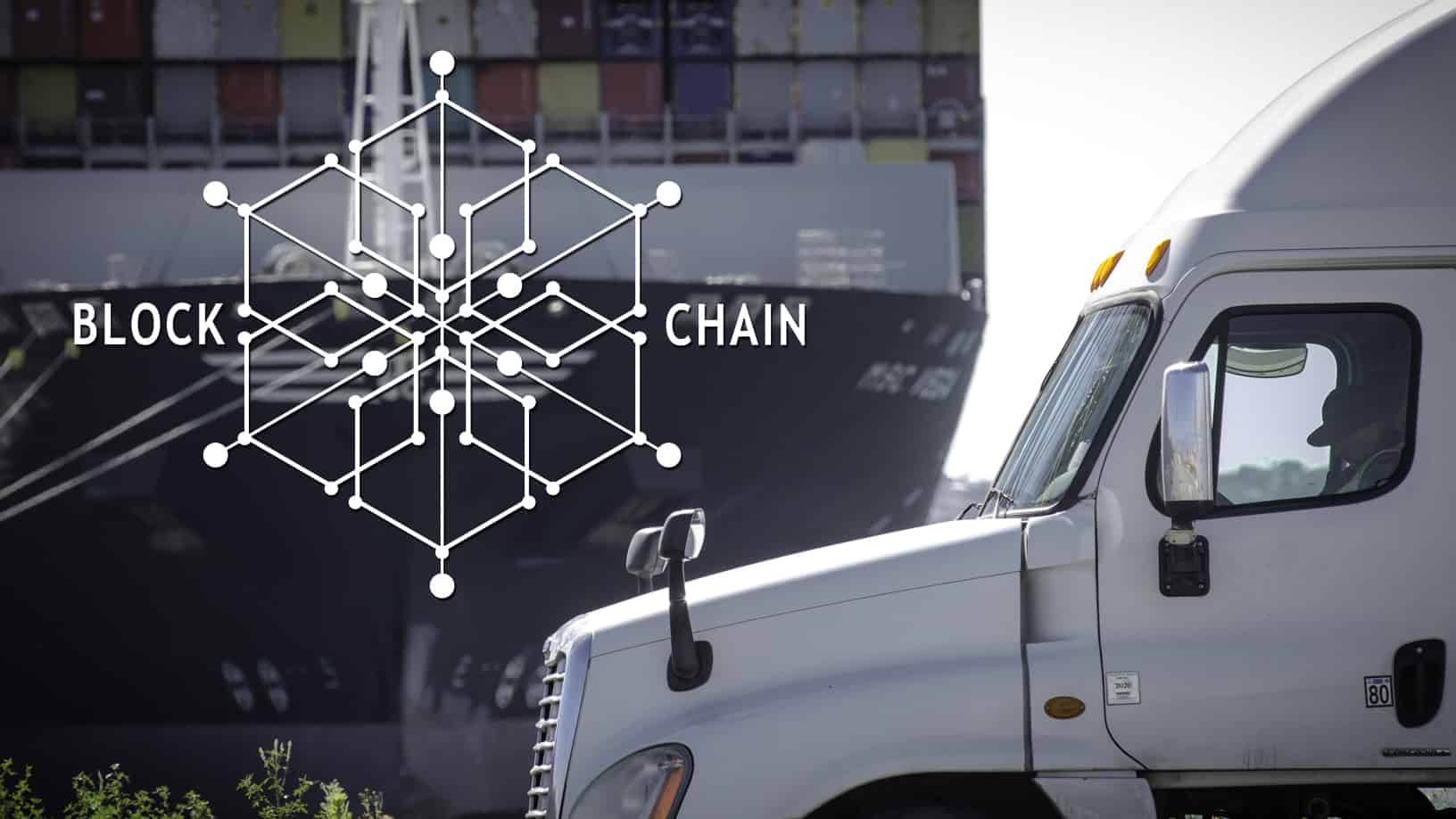
Though blockchain has had its fair share of advocates and detractors in the transportation and supply chain sectors since its advent, its relevance within the market cannot be questioned. For instance, earlier this week, global container lines CMA CGM and the Mediterranean Shipping Company (MSC) joined TradeLens, the blockchain-based digital shipping platform developed by Maersk and IBM. With this, TradeLens accounts for shipping data of over half the number of container lines that sail across international waters – a remarkable stimulus to the possibilities of blockchain.
In April, two economists, Christine McDaniel, trade expert from the Mercatus Center at George Mason University, and Swedish economist Hanna C. Norberg, wrote a research paper on blockchain’s potential to facilitate a more efficient and seamless global trade, arguing blockchain can help expedite customs procedures, reduce expenses and boost both global trade volumes and economic output.
“Blockchain technology can be used in any instance where there’s a role for a middleman or an intermediary. As trade economists, we are interested in things that can reduce trade costs, reduce barriers to the flow of information, money, labor, and capital across borders,” said McDaniel. “Blockchain is really exciting as it can facilitate international trade across three areas – trade finance, customs and the provenance of goods.”
Though blockchain can be used to render paperwork in freight movement obsolete, McDaniel pointed out that it largely depended on the desire and willingness of government agencies. “Even if you have a company that is ready to utilize blockchain, you still need the relevant government agencies to have the technical infrastructure, the willingness to adapt and a public policy environment that can help fill in the little holes along the way,” she said. “You also can’t just have one company or one government agency to adopt it, but you need enough relevant entities to adopt it. And this doesn’t necessarily happen overnight.”
Nonetheless, the adoption needs to start somewhere, and it can start with creating visibility into logistics operations, by identifying the different stakeholders within a value chain. This can be done through a unique identifier that can be attributed to every stakeholder, thus helping with provenance tracking.
McDaniel believed that widespread adoption of blockchain is only possible once the technological infrastructure is built out. “We are talking with Maersk, and they tell us that still over half of their processes are done by hand. A lot of that is just literally checking boxes and confirming shipper identities and cargo content,” she said.
“If every container in there had a blockchain code on it, that could be scanned and read into the application of relevant entities, where all the information would be verified as and when it was received, instead of having to go through all those verification steps,” she continued.
Aside from being exhaustive, international trade and customs procedures can cause delays in cargo movement, leading to costly detentions. McDaniel stated that the burden of paperwork is not just laborious, but also provides opportunities for corruption. “The hardest part of blockchain is getting it started. The desire to adapt is clearly there, but it needs the government to build up its technological infrastructure, which isn’t trivial,” she said.
When questioned about the need for promoting open blockchain networks within the transportation ecosystem, McDaniel took a more neutral approach, explaining that it is about maximizing the likelihood of people using blockchain rather than reproving proprietary blockchain systems. She trusted that once the technology has found mainstream approval, regulatory bodies could chip in with standards to streamline operations.
Nonetheless, open blockchain standards are already being developed. The Blockchain in Transport Alliance(BiTA), a consortium of over 500 members across the logistics space, has pioneered the development of open blockchain standards that companies can use as a platform for their blockchain needs.
“Blockchain is an exciting technology but is at its infancy. There should be no surprise seeing companies starting out with their own proprietary blockchain networks. However, to get the fuller benefits of blockchain, government agencies must enter the discussion and create regulations that will help move forward the interoperability aspect of adopting the technology in international trade,” said McDaniel.










































